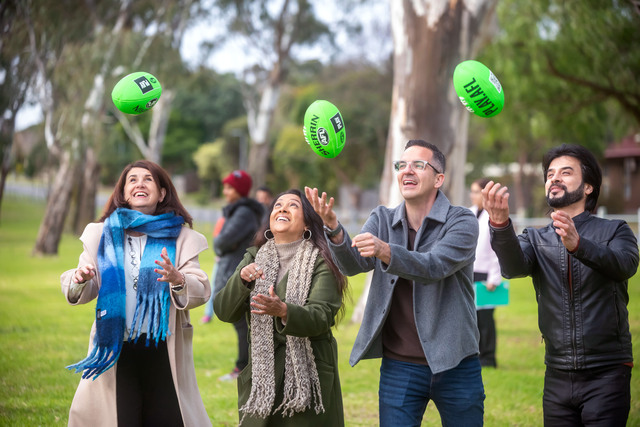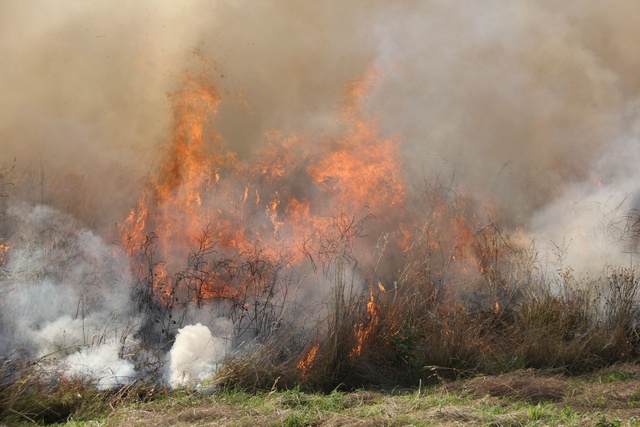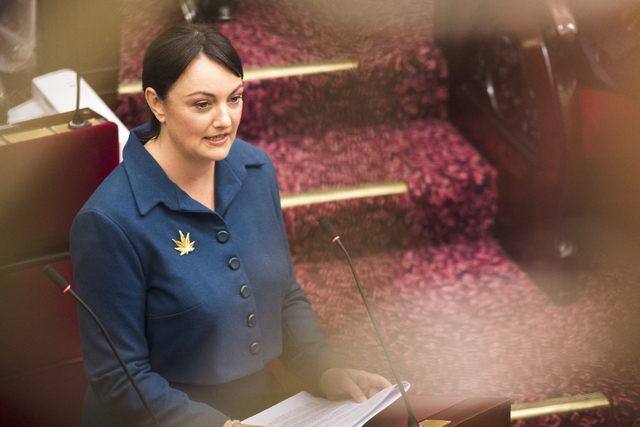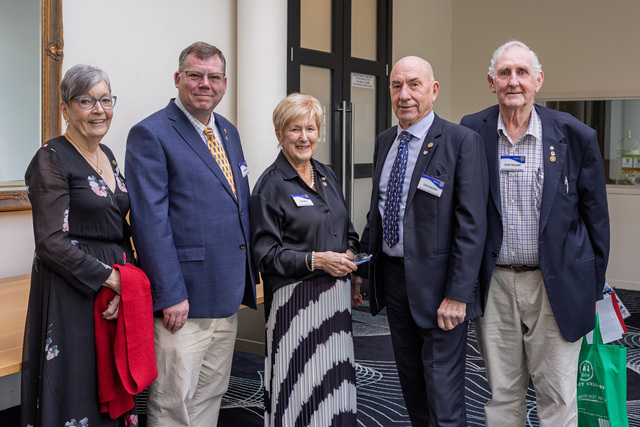By CASEY NEILL
ISAACS MP Mark Dreyfus has represented Australia in the world’s highest court.
The Attorney-General has just returned from the Netherlands where he appeared in the International Court of Justice, The Hague, presenting Australia’s case against Japan’s annual whale killing in the Southern Ocean.
“It’s an extraordinary honour to represent your country in the world’s highest court,” he told the Star last week.
“I was very pleased to use the skills I’ve learned over 25 years of being a barrister.”
It was a rare opportunity. Australia has been involved in only four cases in the court since it started in the 1950s.
“I never thought I would end up there,” Mr Dreyfus said.
Australia started its legal fight against Japan’s ‘scientific’ whaling program in 2010 after failing to resolve the issue through diplomatic means.
“More than 10,000 whales have been killed since 1988 as a result of Japan’s whaling programs in the Southern Ocean,” he said.
“It’s commercial whaling dressed up in a lab coat. It’s not scientific research.
“The only basis on which they can lawfully kill whales in the Southern Ocean is if it’s scientific research.
“We’ve asked the court to rule that it’s not.”
Mr Dreyfus helped to present Australia’s final arguments to the court’s 16 judges on 16 July.
“Australia hopes to receive the judgement by the end of the year,” he said.
“We’re very hopeful the judgement will be in before the next whaling season.
“Two scientific experts that we called gave very strong evidence. The case went well.
“All Australians are very keen that we have success in this case.
“We’ve banned whaling in our waters and want to see these magnificent creatures preserved.”
Mr Dreyfus said many whale species were hunted almost to extinction in the last century but conservation efforts had seen populations grow and contribute to Australia’s tourism industry.







